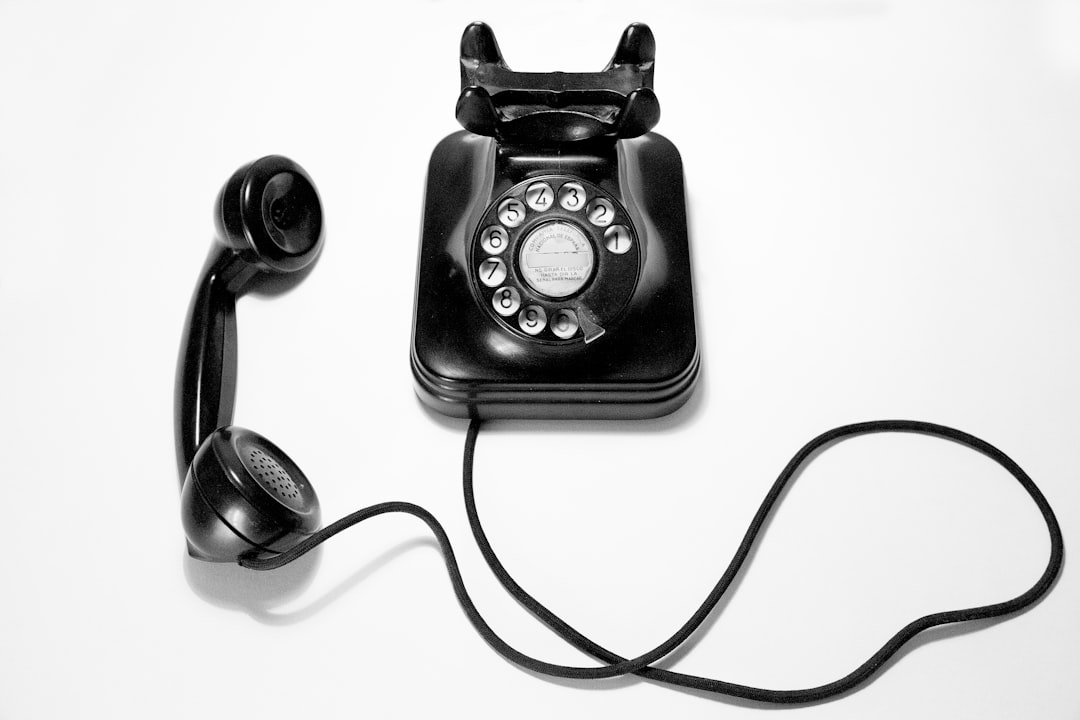Los Angeles businesses using autodialers for telemarketing face stringent TCPA and CCPA regulations. Autodialer attorneys in LA are essential for navigating consent acquisition, Do Not Call list compliance, and data privacy, avoiding penalties and reputational damage. They guide companies through complex laws like TSR and GDPR, ensuring proper data security measures including encryption. Staying compliant involves regular audits, employee training, consent management, and advanced autodialer software with built-in compliance features, enabling businesses to maintain strong customer relationships while adhering to regulations.
In the dynamic landscape of communication technology, autodialers have transformed marketing strategies, but they also present unique challenges in terms of compliance. This article delves into the intricacies of autodialer regulations in Los Angeles from a legal perspective and explores common hurdles faced by businesses utilizing these automated systems. We provide strategic insights and best practices for Los Angeles businesses to navigate and overcome these complexities, with a focus on maintaining strict compliance alongside the benefits of autodialer technology. Discover expert guidance from top autodialer attorneys LA has to offer.
Understanding Autodialer Regulations in Los Angeles: A Legal Perspective

In Los Angeles, the use of autodialers—automated phone dialing systems—is subject to specific regulations aimed at protecting consumers from unwanted calls and ensuring fair business practices. These regulations are primarily governed by the Telephone Consumer Protection Act (TCPA) and California’s own consumer protection laws, which are among the most stringent in the nation. Autodialer attorneys in Los Angeles play a crucial role in helping businesses navigate this complex legal landscape to avoid costly mistakes and potential lawsuits.
Businesses must be mindful of obtaining proper consent before autodialing, ensuring that calls are not made to numbers on Do Not Call lists, and providing clear opt-out mechanisms. Failure to comply with these regulations can result in significant financial penalties and damage to a company’s reputation. Autodialer attorneys specialize in interpreting these laws, advising clients on best practices, and representing them in case of disputes or investigations by consumer protection agencies.
Common Challenges Faced by Businesses Using Autodialers

Many businesses in Los Angeles, especially those involved in telemarketing and sales, have turned to autodialers as a means to streamline their communication processes. However, utilizing autodialing technology comes with its fair share of legal challenges, particularly when it comes to compliance. Common issues include navigating regulations regarding the use of automated calls, including restrictions on timing, content, and consent management. Businesses must also be vigilant about avoiding violations like creating or using do-not-call lists and ensuring their autodialer attorneys Los Angeles are up-to-date with ever-changing laws.
Another significant challenge is data privacy. With the vast amount of personal information collected through autodialers, companies are responsible for safeguarding consumer data from breaches or misuse. This involves implementing robust security measures, encrypting data, and ensuring compliance with regulations like the Telemarketing Sales Rule (TSR) and the General Data Protection Regulation (GDPR). These legal requirements demand careful attention to protect both businesses and their customers from potential risks associated with autodialer usage.
Strategies for Staying Compliant: Best Practices for LA Businesses

Staying compliant with autodialer regulations in Los Angeles can be a complex task for businesses, especially with ever-evolving laws and stricter enforcement. One of the primary strategies is to seek guidance from experienced autodialer attorneys in LA who specialize in telecommunications law. These legal experts can provide tailored advice, ensuring your business follows best practices and adheres to the California Consumer Privacy Act (CCPA) and Telephone Consumer Protection Act (TCPA). Regular audits of your autodialer systems are essential; they help identify potential issues and allow for prompt corrections.
Additionally, implementing robust training programs for employees who use autodialers can significantly reduce risks. Educating staff about proper call handling, consent management, and data security practices is crucial. Utilizing advanced autodialer software with built-in compliance features is another effective approach. These tools can automate many compliance tasks, such as obtaining explicit consent, managing opt-out requests, and maintaining detailed call records. By combining legal counsel, robust training, and cutting-edge technology, Los Angeles businesses can effectively navigate the challenges of autodialer compliance and maintain strong relationships with their customers.






